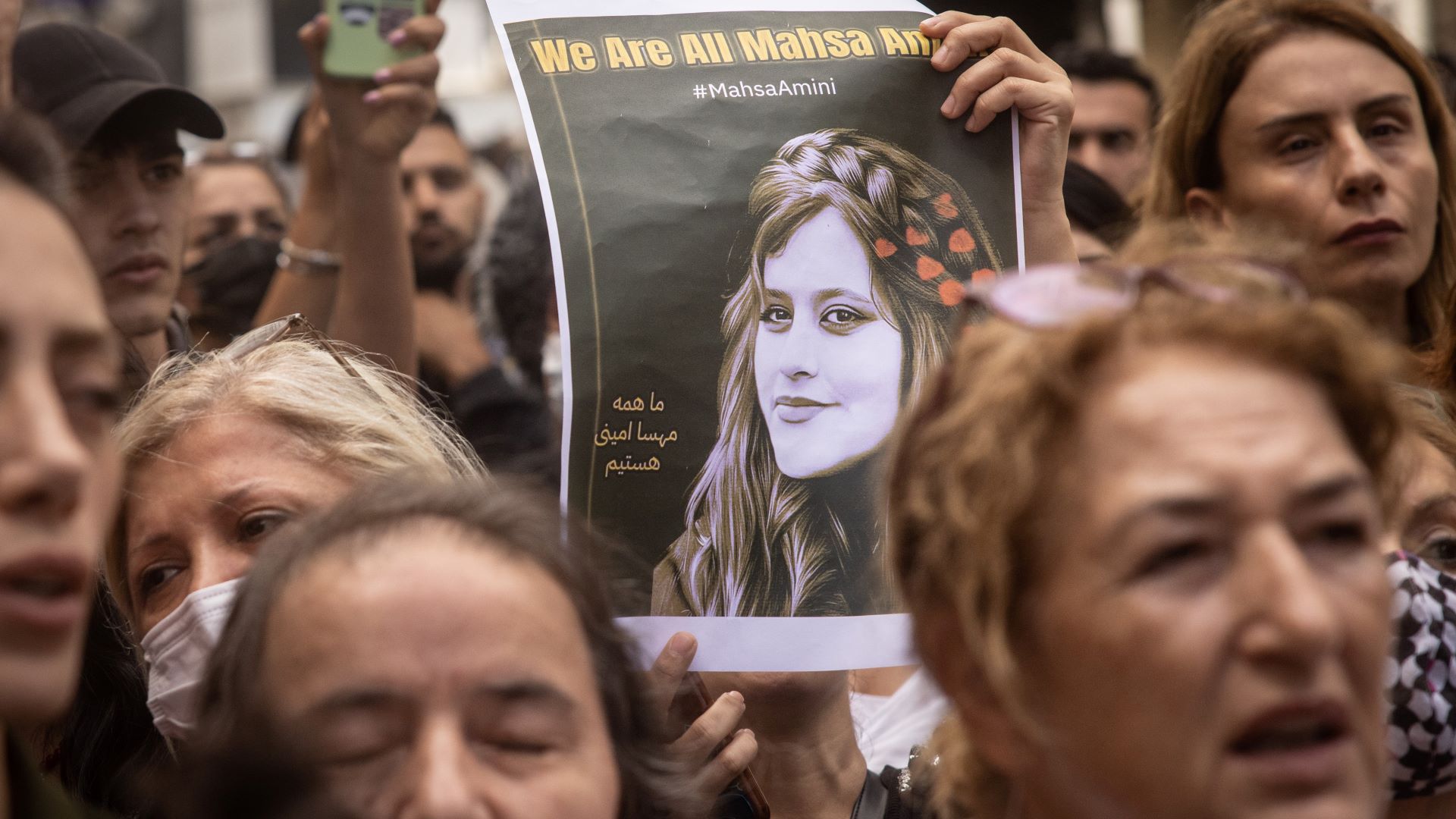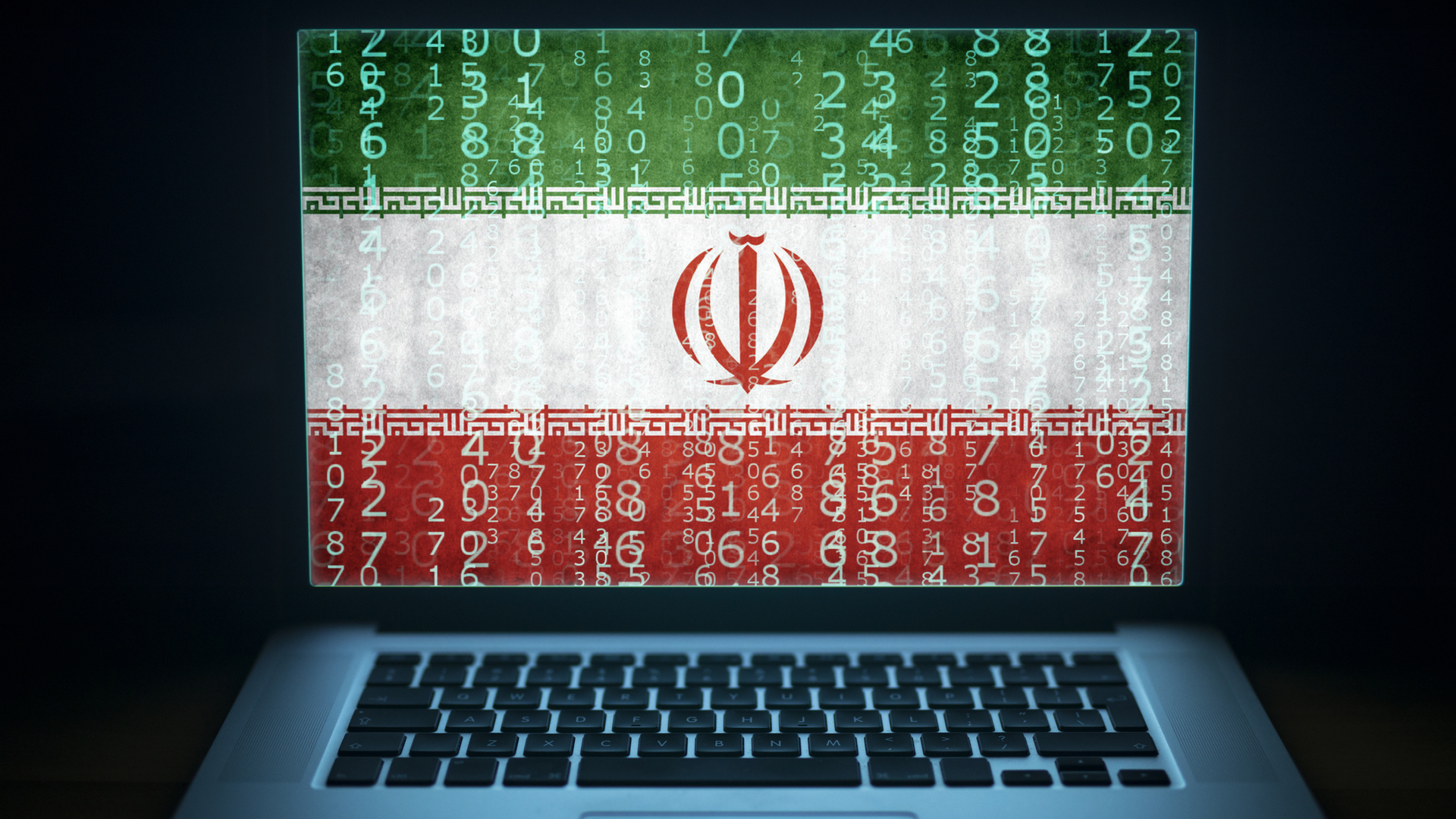Iran highlights how governments continue to use Internet freedom as a weapon
VPNs give users their right back, allowing to bypass restrictions

Once again, we bear witness to the ugly truth of how repression and totalitarian authority can quickly spark reaction and subsequent preventative action by those who rule. This time the backdrop is Iran.
Mahas Amini’s death has provoked widespread anger and demonstrations which have sadly resulted in many more deaths. It’s not the first time that Iranian women have demonstrated against the compulsory wearing of the hijab, a movement that has persisted in the face of persecution by the Iranian authorities. However, something that has changed since those early demonstrations back in the 1970s is the emergence of a new tool to help activists - digital technology.
The internet offers myriad ways to spread the message, to reach a wider audience and to help enlist more followers to the cause. The Iranian #MeToo movement is a great example of this. But where totalitarian regimes reign, the use of such digital weaponry is often heavily throttled, if not shut down altogether.
Sebastian Schaub, CEO and Founder, hide.me .
In this case, Iranian authorities responded quickly, shutting down internet access and blocking social media platforms such as Instagram and WhatsApp. And by cutting off access to the Internet for most of its 80 million citizens, it prevented the world from watching its violent crackdown on peaceful protests sparked by Mahsa’s brutal death.
This type of action is another example of restricting internet freedom. It is a blatant kick in the b%$@ by yet another regime looking to flex their muscle and tighten control over their internet ‘real estate’.
There are a host of reasons rolled out by the authorities when they shut down internet access or social media platforms - in this case Iran claimed to be upholding moral codes (enforced on the street by the morality police) but it could have just as easily been that they were protecting the national economy, for example. In such instances, the powers that be are ultimately seeking greater control over their people. They might choose to eavesdrop on private online communications, or they might block or limit access to ‘undesirable’ social media platforms.
In the end it all boils down to one thing - denying internet freedom. To enjoy true internet freedom people should be able to freely share ideas, knowledge, and opinions. This is the cornerstone of free speech and democracy.
The West (bastion of freedom and democracy) sits uneasily at a crossroads. On the one hand they must be seen to uphold the notion of internet freedom, but they are also currently negotiating with Iran with respect to a nuclear deal.
However, the U.S. Department of Treasury has now issued Iran General Licence (GL) D-2 to increase support for internet freedom in Iran. So, whilst Iran’s government is throttling access to the global internet, the US is taking steps to allow the free flow of information and wide access to the Iranian people. The new guidance enables technology companies to offer further options of secure, outside platforms and services to the people of Iran.

And technology can help the people of Iran in other ways. Amongst other tools available, virtual private networks (VPNs) give users their rights back by allowing them to bypass any restrictions on social media. For example, the use of our VPN services in Thailand rose by 400% after the government’s porn ban. Technology was able to help people who wanted to wrest back control over their internet freedom in the face of government intervention.
Authorities will try to monitor the digital communications of protestors, via communication apps for example. They might also try to use meta data from ISPs to monitor and predict the activities of protestors. Under such circumstances, concerned citizens should take all measures possible to protect their digital privacy. Using a VPN could be a good way to do so.
The concept of internet freedom refers to such things as net neutrality, freedom of information and the right to internet access amongst other things. It also means the ability to access information that allows social movements to flourish and instances of brutality to be documented. The establishment of a free global internet should be an international priority.
To quote Freedom House: "the emancipatory power of the internet depends on its egalitarian nature. To counter digital authoritarianism, democracies should ensure that regulations enable users to express themselves freely, share information across borders, and hold the powerful to account."
Let’s hope these words eventually impact upon those regimes intent on denying internet freedom.
Are you a pro? Subscribe to our newsletter
Sign up to the TechRadar Pro newsletter to get all the top news, opinion, features and guidance your business needs to succeed!
Sebastian Schaub, CEO, hide.me
